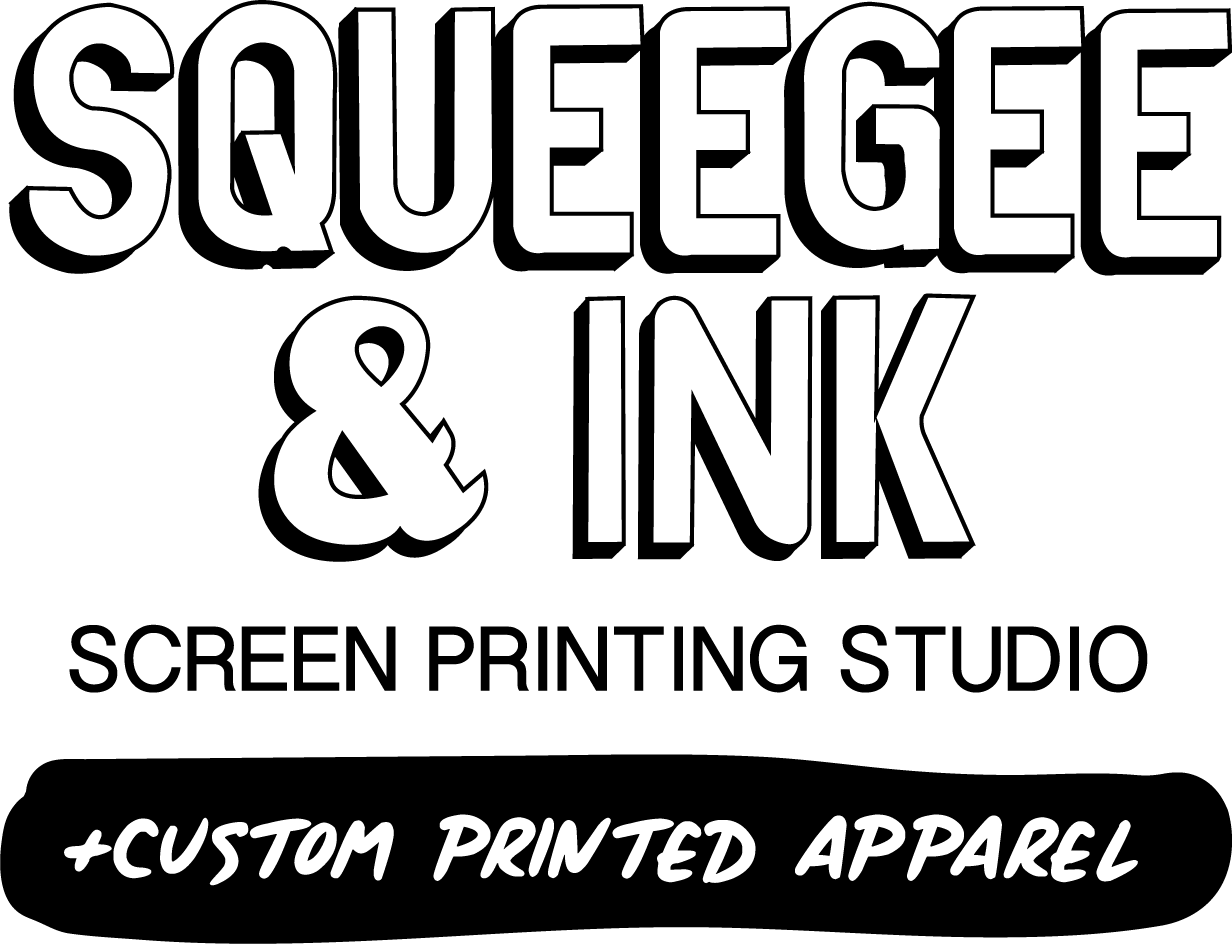CONTROLLING YOUR PUFF
Screen printing with puff ink is easy… but knowing how to control the chemical reaction is something we have learnt over time. We believe there are 3 main ways to dial in your puff reaction;
- PUFF ADDITIVE
- MESH COUNT
- DESIGN CHOICE

1. PUFF ADDITIVE
Choosing the correct puff additive for your set up is crucial. Our studio is set up for printing with plastisol ink so we have chosen to use the Amex Plastisol Puff Additive.
Buy puff additive here : https://screenprintworld.co.uk/plastisol-puff-additive
Use discount code for Screen Print World : CRP5
Once you have your additive you need to mix in standard plastisol ink. We would advise using the same brand, therefore using Amex Plastisol would be best (discount code: CRP5).
You can add up to 20% puff additive into your standard plastisol ink. We like to use the full 20% of puff on every print so we know exactly what to expect. Our best advice is to be consistent!.. If you only use 10% puff, stick to 10% throughout your entire run!

2. MESH COUNT
In general, most people use a 43t (110 US) mesh count for puff ink. This is because you need to transfer all of the puff particles through the mesh to enable to good result.
When using a 43t mesh, some printers will flash the ink, then print another layer on top (print, flash, print), however from our experience, we have found that using a flash dryer with puff additive doesn’t always give consistent results. To fix this issue, we have found that printing with a lower mesh count can eliminate the need to use a flash dryer.
To achieve an exaggerated puff effect, we used a 21t mesh with multiple layers of high build emulsion. This allowed for a much thicker and even distribution of ink resulting in a fully raised print.

2. DESIGN CHOICE
Design choice is the answer to most of your problems.
Thick bold images = High Puff
Thin detailed images = Low Puff
This sounds simple but the results are very drastic. In our test print, we have included a thin line to show the difference between bold images and detailed images. This print has had exactly the same ink, mesh and heat but check out the height difference in the thinner lines.

BONUS TIP : CURING YOUR PUFF
If you take one piece of advice from this blog post, remember this; lay your garments flat on the conveyor dryer.
If your design is even the smallest bit wrinkled, this could ruin your print. With puff ink, you are looking for a matte, raised finish. If your garment is not cured flat, you may start to see shiny areas in the ink and in a worse case scenario, dips in the puffed effect.
Check out our YouTube video showing exactly how we printed our puff ink t-shirts!
PLEASE SUPPORT OUR BLOG!

We fund our blog and YouTube channel by selling our Blind Maggot t-shirts. Please help and support us by purchasing a shirt. As a thank you, we are giving all of our squeegee viewers £10 off our limited edition t-shirts!
DISCOUNT CODE : SQUEEGEE
Check out all of the designs here and keep watching our YouTube channel to find out how we printed them: https://www.blindmaggot.co.uk/collections/limited-edition
> BUY A SHIRT HERE <

THIS BLOG IS SPONSORED BY:
BLIND MAGGOT.CO.UK
Buy ‘Blind Maggot’ limited edition t-shirts here:
https://www.blindmaggot.co.uk/collections/limited-edition
GET £10 OFF USING DISCOUNT CODE : SQUEEGEE
INSTAGRAM
@blind_maggot https://tinyurl.com/3exxma6z
@squeegee_and_ink https://tinyurl.com/m52wej83
TIKTOK
@blind_maggot https://tinyurl.com/pc79vzdj
@squeegee_ink https://tinyurl.com/5cmnsw4b







